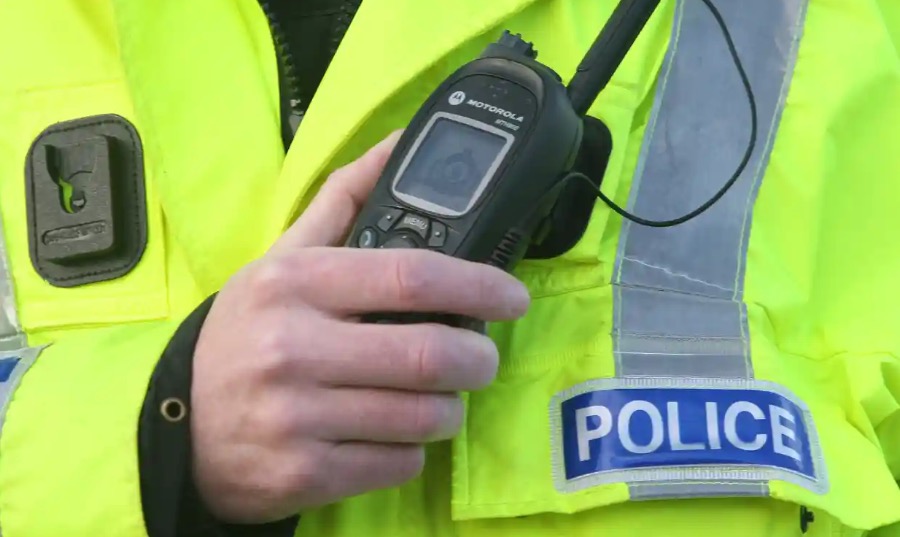
The central government's auditor in the UK has slammed the initiative, which aims to build a new voice and data network for police, fire, and ambulance services in England, Scotland, and Wales, as a waste of taxpayers' money. The preceding Airwave network cost the Home Office £2.9 billion more than projected. The ESN program was high risk in 2016 and 2019, and the current NAO assessment states the 2018 reset failed. Recently, supplier Motorola Solutions stated that the company is worried that its Airwave earnings may delay its ESN software and system development. The corporation approached the Competitions and Markets Authority (CMA) and agreed to withdraw from its contract for £45 million.
At this time, EE has nearly completed the core network and is anticipated to be awarded a new contract without competition to avoid further delays. The Home Office needs planning clearance for many remote area sites and has delayed ESN planning. Futhermore, the Home Office told NAO that it has increased confidence in the programme's leadership, which improved user relationships vital to ESN's acceptance, and is producing a new business case with a revised timeframe and costing for approval in 2024. Any CMA Airwave charge control will be considered.
The latest completion date is 2026. Police forces will decide when to switch from Airwave to ESN.
A report recommends that the Home Office examines the programme's objectives, assumptions, and timescale before the end of the year and establish a procedure for continuously assessing investment and risks. It should also use its user service contract knowledge to better manage risks, improve program management information, guarantee the new infrastructure provides value for money, and minimize future supplier lock-in. After eight years and approximately £2 billion, it is extremely concerning that the Home Office does not currently know when the Emergency Services Network will be completed or what it will cost.
Already back in 2015, Industry analyst Peter Clemons in his Blog on The Critical Communications Review talked about: "The end of Airwave and the truth about TETRA and LTE for UK emergency services". Clemons stated taht the foreseen trimelines for implementation, outlined by the UK government is unrealistic and unreal. Furthermore, Clemons in his Blog stated: "We have now gathered quite a lot of evidence that suggests that the UK Government has fallen victim to its own form of Optimism Bias, or should that be Strategic Misrepresentation. Is it simple excessive optimism driven by a desire to provide better outcomes for the UK public that has led to this situation or is the impending disaster facing emergency services communications provision in the UK caused by the relentless drive by an ideologically-driven Government to reduce costs at all costs, thereby, as a consequence, short-changing the emergency services of this country?